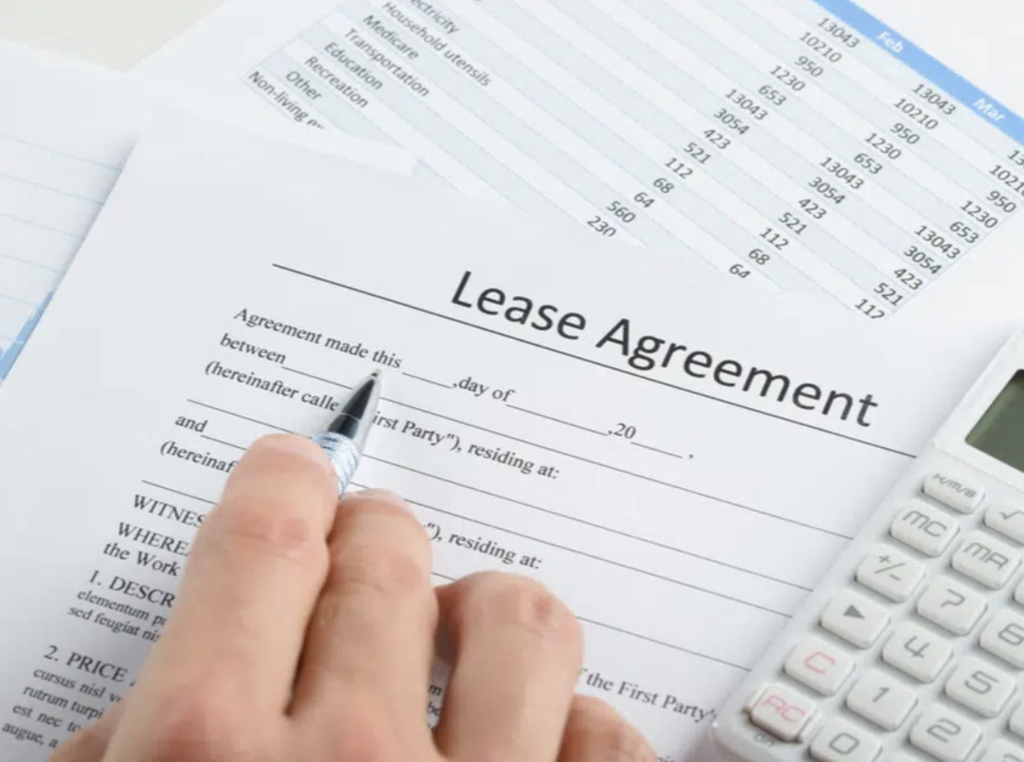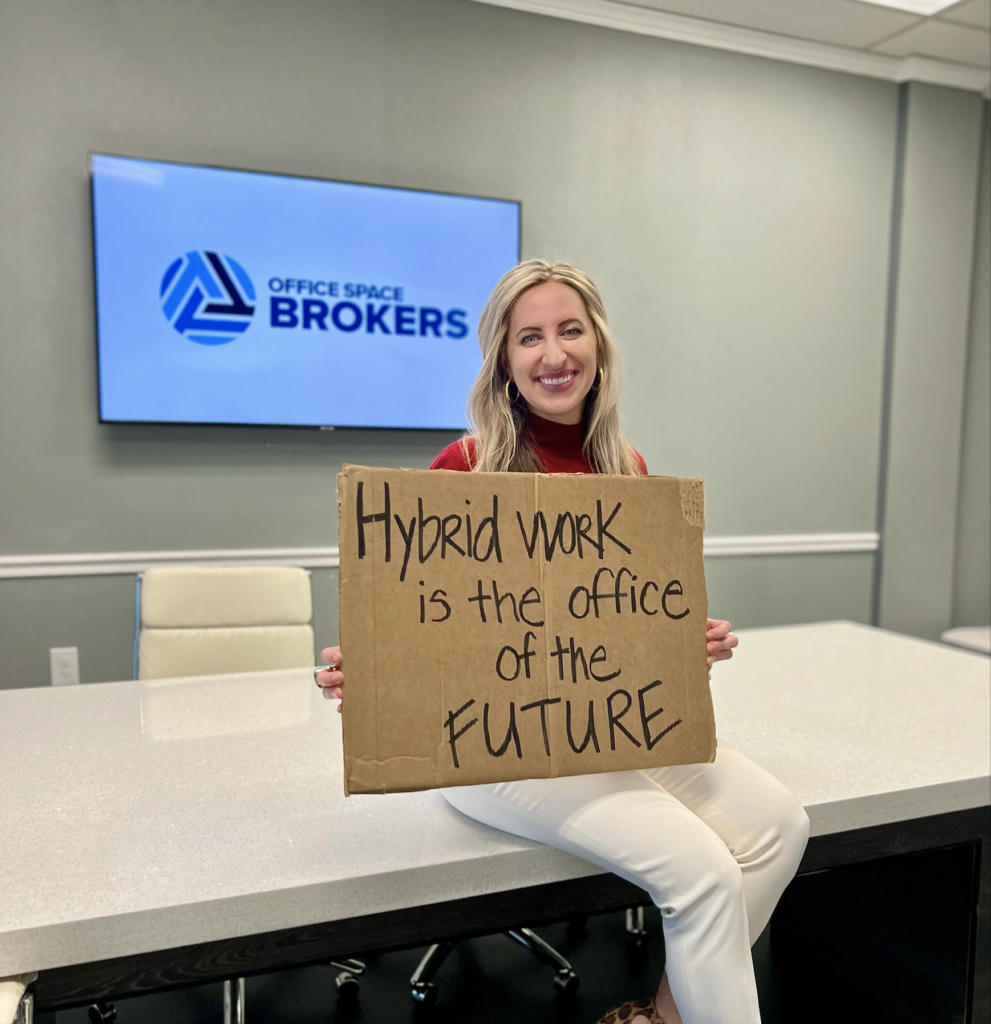
In the world of Commercial Real Estate, a Commercial Real Estate Office Broker, whose primary focus is representing office space, is a key resource for Buyers and Sellers alike. Commercial Real Estate brokers specialize in buying, selling, and leasing commercial properties, such as office buildings and industrial warehouses. Expertise and experience assist clients navigating the complex world of Commercial Real Estate, and make informed decisions about their investments.
One of the key benefits of working with a Commercial Real Estate broker is their deep knowledge of the local market. Brokers have their finger on the pulse of the local commercial Real Estate market and can provide valuable insights into trends and opportunities. Office Brokers guide Tenants and Buyers uncover properties that meet their specific needs, budget and can provide Landlords and Sellers with accurate valuations and marketing strategies.
In a Commercial Real Estate office, Office Brokers work with clients to identify their objectives and develop strategies to achieve their goals. For Buyers, this might involve identifying properties that are likely to appreciate in value or Tenants, negotiating favorable lease terms. For Sellers, pricing the property appropriately, staging it for sale, and Landlords, developing a comprehensive marketing plan.
One of the key roles Commercial Real Estate Brokers play is that of a mediator. Commercial Real Estate transactions can be complex and often involve multiple parties, including Buyers, Sellers, lenders, and attorneys. Brokers act as a bridge between these parties, facilitating negotiations and ensuring that all parties are on the same page.
Commercial Real Estate Broker offices are not without their challenges. Managing multiple transactions simultaneously, while also staying up-to-date on changing market conditions and industry trends is a fast-paced environment that is not for the faint of heart. Brokers must also understand best practices for work environment culture, be skilled negotiators, able to navigate complex deals and resolve conflicts that may arise.
Despite these challenges, Commercial Real Estate Broker offices remain a critical resource for Tenants, Buyers, Landlords and Sellers in the Commercial Real Estate market. Whether you’re looking to buy, sell, or lease a property, working with a Commercial Real Estate Broker can provide you with the expertise and guidance you need to make informed decisions and achieve your goals.




